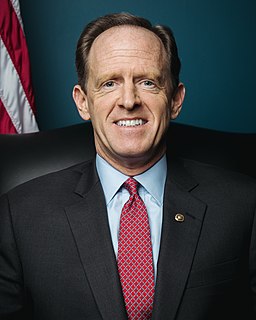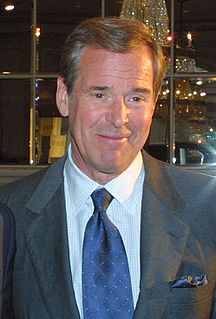A Quote by Hillary Clinton
Remember what Teddy Roosevelt did. Yes, he took on what he saw as the excesses in the economy, but he also stood against the excesses in politics. He didn't want to unleash a lot of nationalist, populistic reaction. He wanted to try to figure out how to get back into that balance that has served America so well over our entire nationhood.
Related Quotes
Our concerns about what we saw in Australia: an economy clearly tied to China has hitched its wagon to the tail of the tiger. In terms of the general complacency, what we heard over and over from investors and clients and potential clients is, 'yes, yes, there are some excesses, but the government will figure out a way.
Our concerns about what we saw in Australia: an economy clearly tied to China has hitched its wagon to the tail of the tiger. In terms of the general complacency, what we heard over and over from investors and clients and potential clients is, 'yes, yes, there are some excesses, but the government will figure out a way.'
Look at what I am proposing, and we [wih Bernie Sanders] have a vigorous agreement here. We both want to reign in the excesses of Wall Street. I also want to reign in the excesses of Johnson Controls that we bailed out when they were an autoparts company, and we saved the auto industry, and now they want to avoid paying taxes.
Today, there's more that can and should be done that really has to come from the industry itself, and how we can strengthen our economy, create more jobs at a time where that's increasingly challenging, to get back to Teddy Roosevelt's square deal. And I really believe that America and all of you are up to that job.
When excesses such as lax lending standards become widespread and persist for some time, people are lulled into a false sense of security, creating an even more dangerous situation. In some cases, excesses migrate beyond regional or national borders, raising the ante for investors and governments. These excesses will eventually end, triggering a crisis at least in proportion to the degree of the excesses. Correlations between asset classes may be surprisingly high when leverage rapidly unwinds.
Well the thing is that under the [Ronald] Reagan administration, excesses have occurred in terms of over regulating certain types of behavior, and excesses have occurred in the opposite direction, in de-regulating other types of behavior. As a matter of fact, if they continue to regulate the airlines, we might have safer skies, and if they slack off on the radio, we might have better radio. If they just use it as a threat, eventually there's going to be another test case like the one that the 7 dirty words ruling came out of, and basically, its extortion.





























